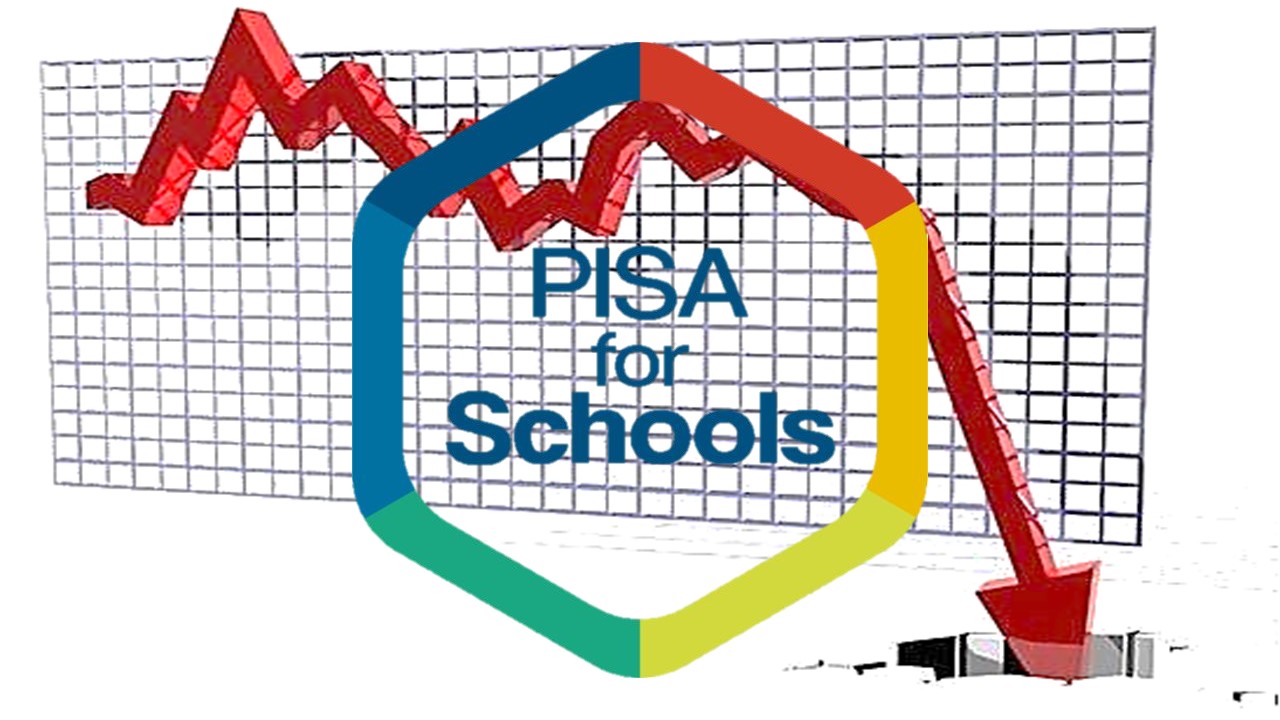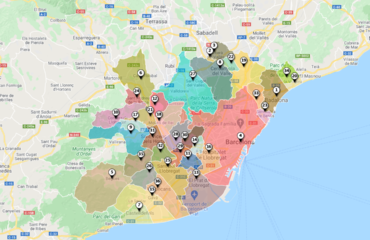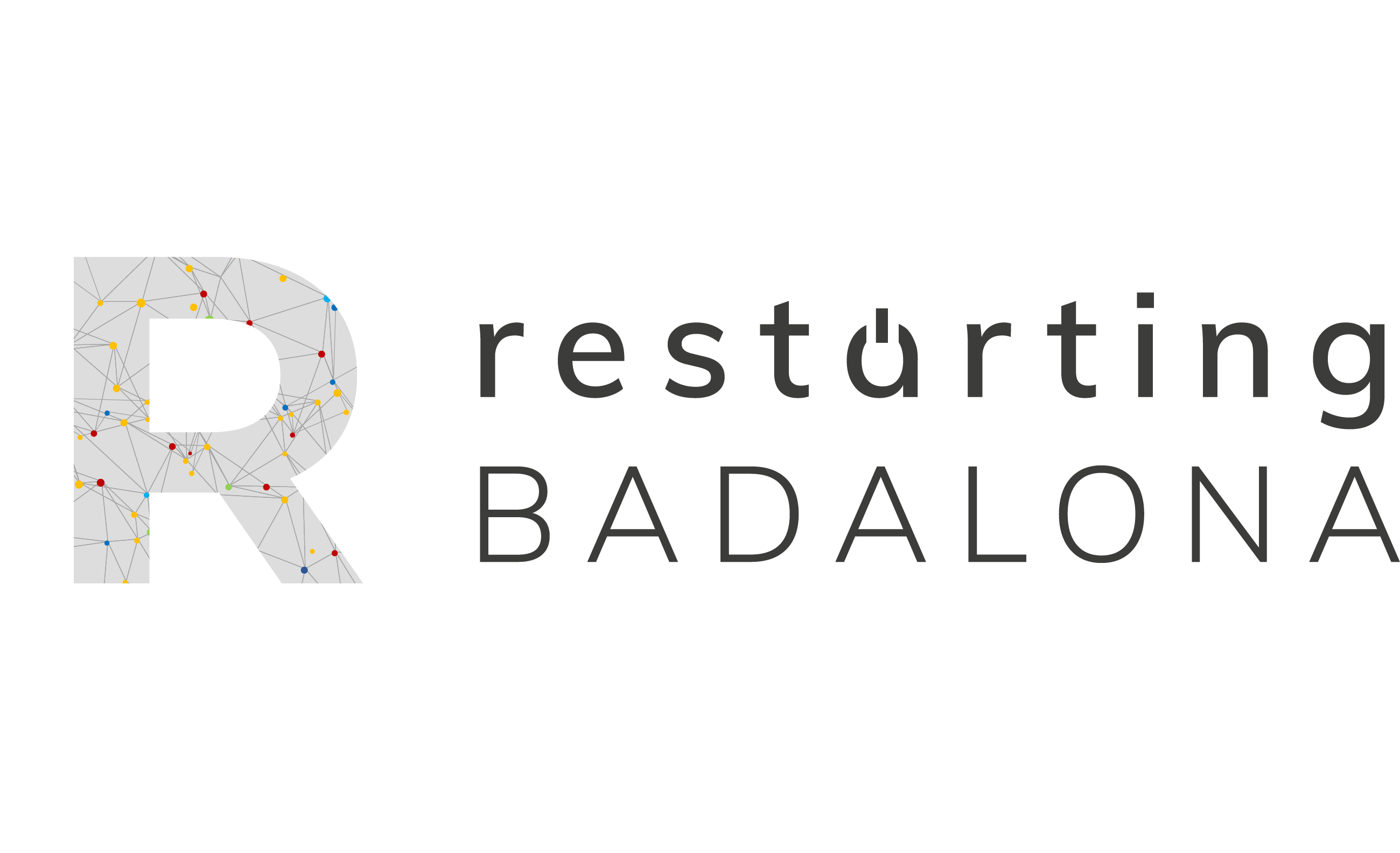
I will use invented names to explain the realities of young people who, despite the discouraging image and official disastrous data of our students, show us that there are many who manage, study and work simultaneously, make an effort, and succeed.
All of this I do in light of the PISA report, which places Catalan students at the bottom among Spaniards in mathematics and reading comprehension. Data that results from multiple causes, easy to list, difficult to prioritize by importance, but that identify generations of young people who don’t know how to read, write, or perform basic arithmetic operations like addition, subtraction, multiplication, or division.
It’s very tough. And no one asks them why all this is happening. It would be very important to know their opinions. If I were the government, I would commission a mandatory large-scale survey to truly understand the reasons behind their failure. To what extent they find what they do useless, why they are not interested, or if they are interested, why they don’t learn enough or at the pace they would like.
I would also conduct another survey with families. How many hours do they dedicate to their children’s studies, how intensely do they encourage homework, do they help them… How many times have they sacrificed a weekend outing because the child had an exam the following week or if they can’t help because they are overwhelmed with work and don’t have time to dedicate to it. Or they don’t know how to help because they don’t know anything about what their children are being taught.
It’s obvious that PISA shows us disastrous data that can’t be fixed with summits, laws, or money. It’s fixed by returning to the basics. In Valencia, Mr. Roig’s basketball team proudly displays a slogan, ‘culture of effort.’ And that’s it. And it’s like that.
It would be good to listen less to those who have brought us to this point; in education, a counter-revolution is needed.
Ricard is a young man who has already completed a degree in humanities, started a new one, works in a laboratory while studying, and has to figure out how to balance work and internships that coincide, forcing him to give up holidays to attend them, as they are mandatory. And he does it. Without assistance or scholarships.
Andrea, who works at a bakery on weekends and gives private lessons, is also studying the second year of her degree, making use of time whenever possible to eventually pursue a master’s degree that will professionally lead her to where she wants to go.
Or Pau, who has excelled as an excellent programmer outside the formal education system, works for various companies, consolidating his profession through the experience gained with each new job he takes on.
Probably, many of the young people we find behind a counter, serving in a cafeteria, delivering packages, or advising us in a large retail store, are also studying. There are many of them. They don’t have parents who provide for them or environments that favor them, but they want to earn their money, learn through work, and progress in their path.
There are also many who work and study because they have no other option. Because the family needs it, or simply because the family is not present. Young people like Gerard, without a stable environment, do the same as those who have it, aware that only this path can lead them to live better.
As before, as always, we have the students, the young people, that we deserve. Many are worth a lot. Others have no one to attend to them. And it is not necessary to be poor to be ignored. There are also many well-off who do not know where to turn.
“Need drives ingenuity. The environment is crucial for a young person to succeed. Overprotection is a huge mistake. Family is important. Family is everything. And if we talk about the system… Well… It would be good to stop making inventions. To stop being so complacent. A prominent person from central Catalonia confessed to me that they had changed their child’s school: ‘On Mondays, they decided what they would do on Tuesday, Wednesday, and Thursday, and on Friday, they evaluated. Result: my child doesn’t even know how to make an ‘O’ with a straw.
It would be good to listen less to those who have brought us to this point. In education, a counter-revolution is needed. Going back to punishing students’ fingers with a ruler? It’s not necessary. But returning to the basics, reading and writing, stepping away from screens, touching paper, memorizing, having general knowledge… Well, that is important. It may not seem like it, but believe me, it is. Because if you don’t have it, you can’t even ask questions to ChatGPT.
It’s that simple. And if the child has to repeat, let them repeat. And if they’re not up to it, let them fail. Pay no attention to parents who overprotect their children. And to those who sell us unicorns, pay no attention. Doing the opposite, truly, is what harms public education the most. Ironically, those who seem to defend it the most are the ones who don’t realize it.
Ferran Falcó, president of the Restarting Badalona association



